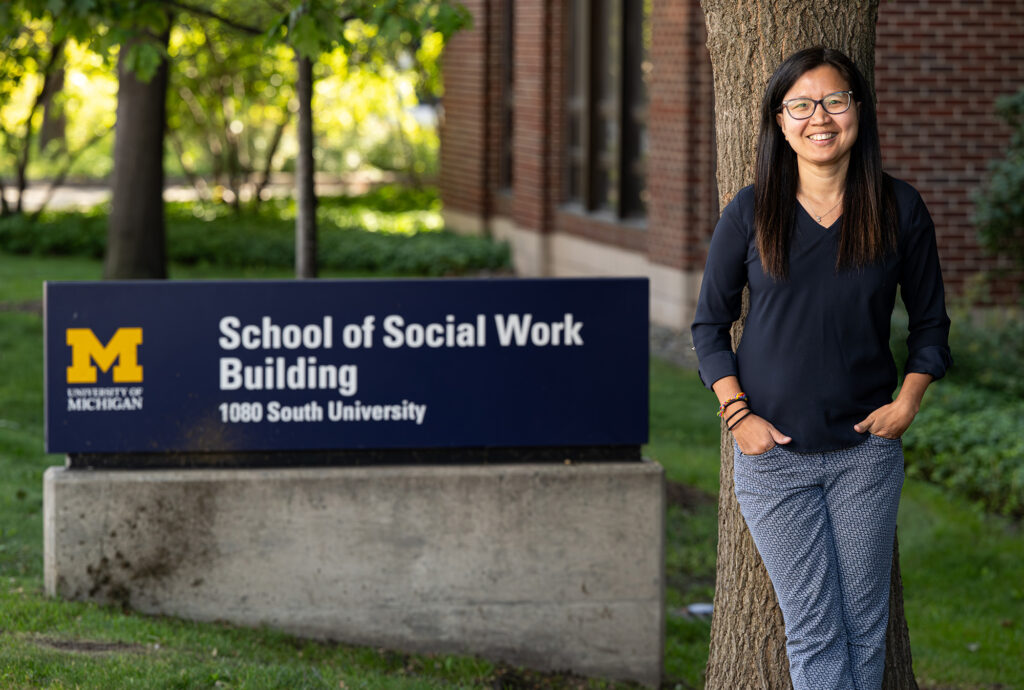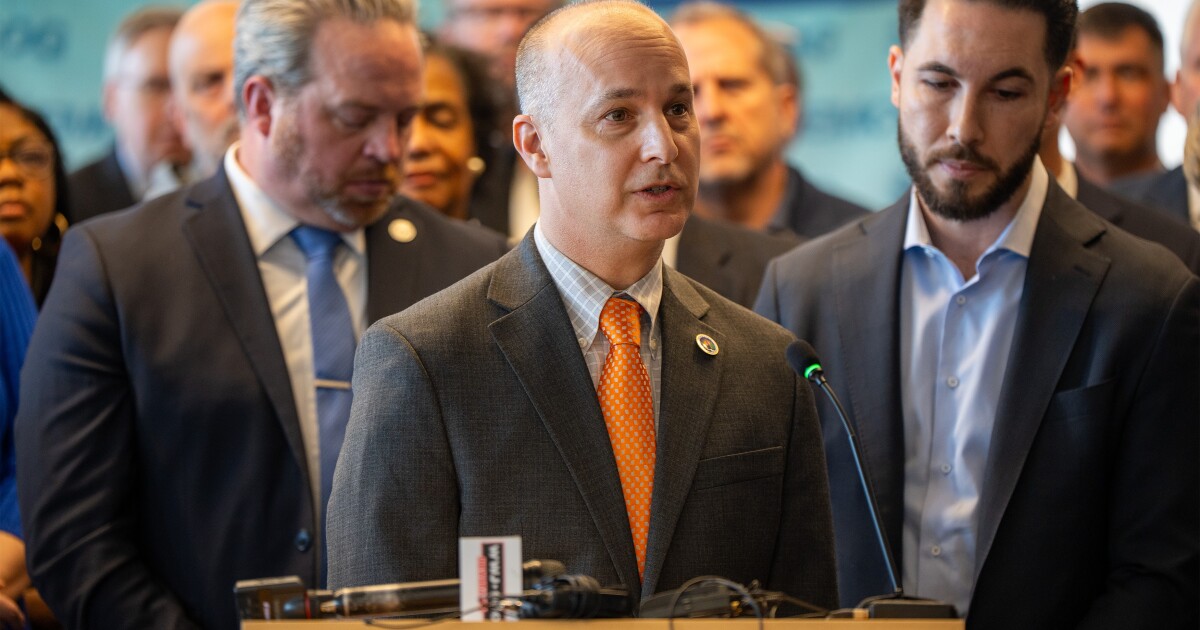On June 12, 2025, the Board of Regents appointed Connie Sung as the first Annmarie Hawkins Research Professor in Disability Justice, marking a significant milestone. Sung, a rehabilitation counselor and researcher known for her community-based work empowering individuals with disabilities, joined the School of Social Work this January. Her appointment celebrates her extensive contributions to disability justice. This also honors Annmarie Hawkins’s enduring influence as a disability justice advocate, ensuring her legacy continues through University of Michigan research.
Named professorships have been a tradition at U-M for over a century, playing a crucial role in promoting research and upholding the values of their namesakes. Neil Hawkins, Annmarie’s husband, remarked, “Annmarie Hawkins has been a true change agent for disability justice across four decades of service and impact.” He emphasized the profound influence her advocacy has had on thousands of individuals. The Annmarie Hawkins Professorship, unlike typical donor-funded professorships, is a term professorship supported by expendable gifts for up to five years, rather than an endowment.
Conor Neville, director of campaign operations at U-M, stated, “While many of Michigan’s named professorships are endowed, term professorships are becoming a useful option.” This model allows for immediate impact without the constraints of a $1 million minimum endowment. Dean Beth Angell expressed gratitude for the Hawkins family’s support, noting that all professorships, whether expendable or endowed, are vital in recruiting and retaining top talent.
A naming tradition at U-M
U-M’s tradition of named professorships began in 1898 with Elizabeth Bates’s bequest to the Medical School, stipulating equal admission for women. This established the Bates Professorship, the first of its kind in obstetrics and gynecology. Now held by Dee Fenner, this professorship set the standard for U-M’s 750 endowed positions, mostly in the Medical School.
An honor that goes by many names
Bates’s gift established a benchmark for endowed professorships, funded by substantial donations ensuring perpetual support. These positions range from $1 million research professorships to $5 million deanships. The Annmarie Hawkins Professorship is a term professorship, relying on expendable gifts. Dean Angell highlighted this model’s potential for immediate impact, encouraging donors to later consider endowments.
Donors can name these professorships, but the university decides appointments via academic processes. U-M also awards unendowed collegiate professorships (UCPs), which recognize significant faculty contributions. Established in 1973, there are now about 250 active UCPs at U-M, lasting five years and offering annual stipends of $3,000-$5,000.
What a named professorship provides
Endowed and term professorships offer varied benefits. In some cases, funds support research or salaries, while in others, they enhance school discretionary funds. Regardless, these positions carry prestige and reflect U-M’s commitment to equity and service. Connie Sung will be installed as the Annmarie Hawkins Research Professor in Disability Justice on Sept. 18, continuing the legacy of equity and service. “It is an incredible honor to carry forward Annmarie Hawkins’ legacy of advancing disability rights and inclusion,” Sung said, emphasizing the professorship’s role in enabling transformative research and collaborations.
—
Read More Michigan News









